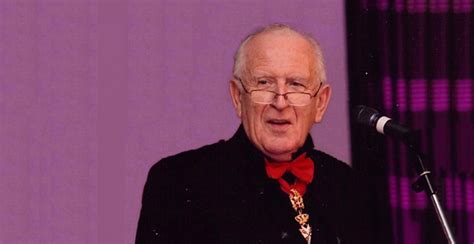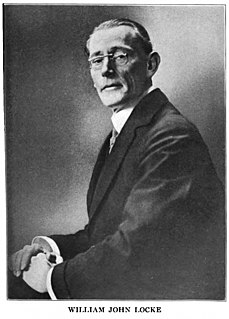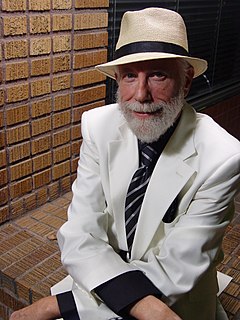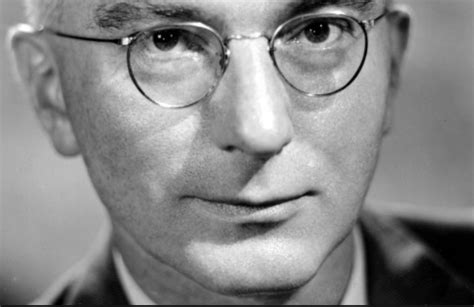A Quote by Len G. Murray
For in the works of Robert Burns we see the whole cosmos of man's experience and emotion, from zenith to nadir, from birth until death.
Related Quotes
It is the profoundest of cosmic ironies. The divine power, our true spiritual essence, does not achieve perfection until it hits the 'rock' bottom of the cosmos - the dense and crude earth. It remains imperfect until the moment of entombment for the simple reason that until that dark nadir is reached the experiential adventure of existence remains incomplete, and Self is not yet endowed with the entire spectrum of the light of consciousness - from spirit to matter - from the highest high to the lowest low.
Birth leads to death, death precedes birth. So if you want to see life as it really is, it is rounded on both the sides by death. Death is the beginning and death is again the end, and life is just the illusion in between. You feel alive between two deaths; the passage joining one death to another you call life. Buddha says this is not life. This life is dukkha - misery. This life is death.
At physical death man loses his consciousness of the flesh and becomes conscious of his astral body in the astral world. Thus physical death is astral birth. Later, he passes from the consciousness of luminous astral birth to the consciousness of dark astral death and awakens in a new physical body. Thus astral death is physical birth. These recurrent cycles of physical and astral encasements are the ineluctable destiny of all unenlightened men.
Each individual is a cosmos of organs, each organ is a cosmos of cells, each cell is a cosmos of infinitely small ones; and in this complex world, the well-being of the whole depends entirely on the sum of well-being enjoyed by each of the least microscopic particles of organized matter. A whole revolution is thus produced in the philosophy of life.


































